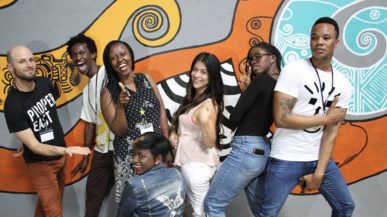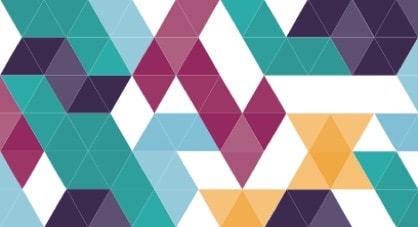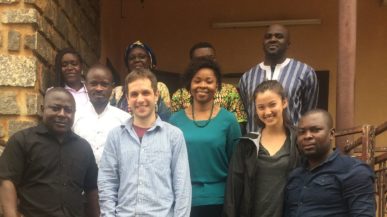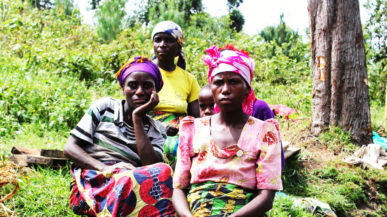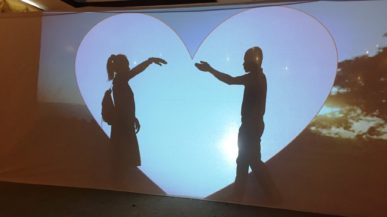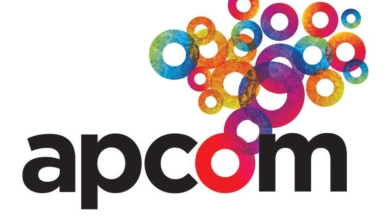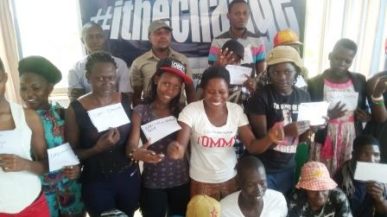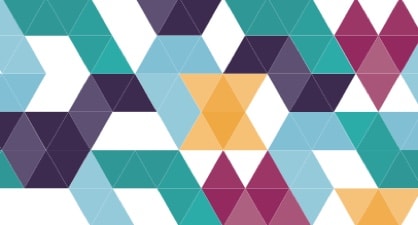Call for proposal
Global Innovate and Learn Grants V-1601-XG-IL
-
Grant amount
€ 25.000 - € 200.000Project Duration
12 - 24 MonthsClosing date
15 Oct 2016 -
-
-
Grants
Her Excellency, Lilianne Plouman, Minister for Foreign Trade and Development Cooperation for the Netherlands launched the Voice Programme and its first call for proposals for grant applications on September 1, 2016
No person – regardless of ethnicity, gender, geography, disability race or other status – should be denied universal human rights and basic economic opportunities. VOICE will give the people being left behind the opportunity to have a say in the policies that should make this ambition a reality.
Key Support Areas
Voice will focus on five marginalised and discriminated groups, selected based on a review of research and country analysis; these are:
- People living with disabilities
- Lesbian, gay, bisexual, trans-gender, intersex (LGBTI) people
- Women facing exploitation, abuse, violence
- Age discriminated vulnerable groups notably the young and elderly
- Indigenous groups and ethnic minorities
These groups are:
- most affected by poverty or making least progress towards development outcomes;
- most affected by social, economic, spatial and political exclusion;
- currently ignored or not reached by development actors;
- at risk of repression or violence for speaking out for their rights.
Projects funded by Voice will need to address one or more of the impact themes:
- improving access to (productive) resources (finance, land and water) and employment
- improving access to social services, health and education in particular
- fostering space for political participation:
Voice will work in the following countries and all funded projects must focus on at least one of these:
West Africa East-Africa South-East Asia Nigeria Kenya Indonesia Niger Tanzania Philippines Mali Uganda Cambodia Laos Funding Information
Funding for the Learning Grant is for 12-months and for a grant of €25,000 to €200,000.
Focus Activity
The first call for proposals is designed to help Voice and its potential grantees learn from innovation. There exist many new, interesting and effective methods for supporting the Voice target group in participating in their own governance and improving access to resources and services. Groups that are affected by more than one factor are more vulnerable to discrimination and an emphasis on learning from programming to address this phenomenon is encouraged. Voice hopes to capture and stimulate learning of these methods so as to develop an evidence-base for future programming.
Has your organisation, or an organisation you are partnered with implemented such programming? If so, then Voice could fund a Learning Grant to document, review, analyse and test your programming. An essential element of the project should be recommendations for scaling up the programme and an effective dissemination plan of the findings.
From the numerous applications received the following grantees have been successful as part of this Call for Proposals. If you like to join Voice please see the current list of open Calls for Proposals Multi-Country
Multi-Country![Marginalised Community Inclusion in Global Multi-Stakeholder Initiatives]()
Marginalised Community Inclusion in Global Multi-Stakeholder Initiatives
Institute for Multi-Stakeholder Initiative IntegrityMulti-Country![Improving access to natural resources for indigenous communities]()
Improving access to natural resources for indigenous communities
Minority Rights Group AfricaMulti-Country![WISDOM: Strengthening the Community’s Voice]()
WISDOM: Strengthening the Community’s Voice
Asia Pacific Coalition on Male Sexual Health (APCOM)-
About
Her Excellency, Lilianne Plouman, Minister for Foreign Trade and Development Cooperation for the Netherlands launched the Voice Programme and its first call for proposals for grant applications on September 1, 2016
No person – regardless of ethnicity, gender, geography, disability race or other status – should be denied universal human rights and basic economic opportunities. VOICE will give the people being left behind the opportunity to have a say in the policies that should make this ambition a reality.
Key Support Areas
Voice will focus on five marginalised and discriminated groups, selected based on a review of research and country analysis; these are:
- People living with disabilities
- Lesbian, gay, bisexual, trans-gender, intersex (LGBTI) people
- Women facing exploitation, abuse, violence
- Age discriminated vulnerable groups notably the young and elderly
- Indigenous groups and ethnic minorities
These groups are:
- most affected by poverty or making least progress towards development outcomes;
- most affected by social, economic, spatial and political exclusion;
- currently ignored or not reached by development actors;
- at risk of repression or violence for speaking out for their rights.
Projects funded by Voice will need to address one or more of the impact themes:
- improving access to (productive) resources (finance, land and water) and employment
- improving access to social services, health and education in particular
- fostering space for political participation:
Voice will work in the following countries and all funded projects must focus on at least one of these:
West Africa East-Africa South-East Asia Nigeria Kenya Indonesia Niger Tanzania Philippines Mali Uganda Cambodia Laos Funding Information
Funding for the Learning Grant is for 12-months and for a grant of €25,000 to €200,000.
Focus Activity
The first call for proposals is designed to help Voice and its potential grantees learn from innovation. There exist many new, interesting and effective methods for supporting the Voice target group in participating in their own governance and improving access to resources and services. Groups that are affected by more than one factor are more vulnerable to discrimination and an emphasis on learning from programming to address this phenomenon is encouraged. Voice hopes to capture and stimulate learning of these methods so as to develop an evidence-base for future programming.
Has your organisation, or an organisation you are partnered with implemented such programming? If so, then Voice could fund a Learning Grant to document, review, analyse and test your programming. An essential element of the project should be recommendations for scaling up the programme and an effective dissemination plan of the findings.
-
How to apply?
This call for proposals is closed, so application is no longer possible. If you wish to learn who the selected grantees of this call for proposals are, have a look at the grantee tab of this page.
At this moment, we do not know if and when we will have future Calls for Proposals at a global or multi-country level. At national level Calls for Proposals for Influencing grants will be opened once a year, while for Empowerment, Innovate and Learn and Sudden Opportunity grants we accept proposals on a rolling basis. The current open calls for proposals can be found here.
-
This call for proposals is closed, so application is no longer possible. If you wish to learn who the selected grantees of this call for proposals are, have a look at the grantee tab of this page.
At this moment, we do not know if and when we will have future Calls for Proposals at a global or multi-country level. At national level Calls for Proposals for Influencing grants will be opened once a year, while for Empowerment, Innovate and Learn and Sudden Opportunity grants we accept proposals on a rolling basis. The current open calls for proposals can be found here.
-
From the numerous applications received the following grantees have been successful as part of this Call for Proposals. If you like to join Voice please see the current list of open Calls for Proposals

-
Multi-Country
![Marginalised Community Inclusion in Global Multi-Stakeholder Initiatives]()
Marginalised Community Inclusion in Global Multi-Stakeholder Initiatives
Institute for Multi-Stakeholder Initiative Integrity -
Multi-Country
![Improving access to natural resources for indigenous communities]()
Improving access to natural resources for indigenous communities
Minority Rights Group Africa -
Multi-Country
![WISDOM: Strengthening the Community’s Voice]()
WISDOM: Strengthening the Community’s Voice
Asia Pacific Coalition on Male Sexual Health (APCOM)

